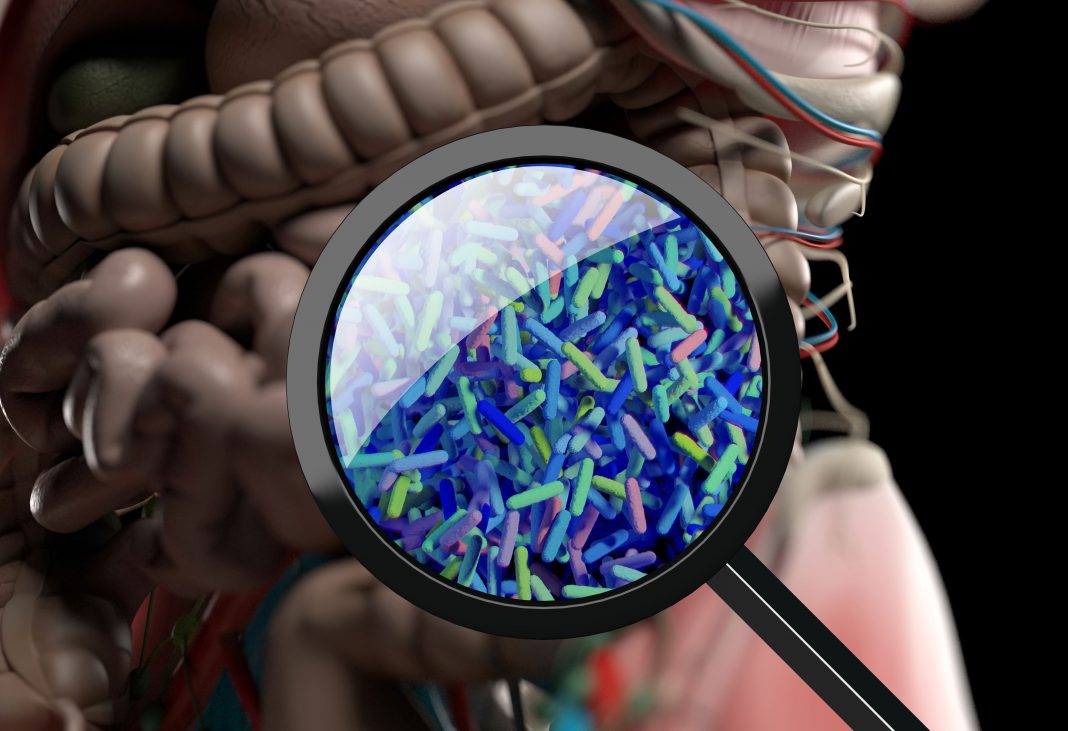Many studies demonstrate that the gut microbiome and metabolome play a critical role in numerous diseases as well as food digestion, immune system regulation, and protection against pathogens. Now, a San Francisco-based biotech company named Envivo Bio and collaborators are advancing the gut microbiome and metabolome field. The company developed a novel device called CapScan, which is the first-of-its-kind to noninvasively and accurately profile the human gut microbiome and metabolome under physiological conditions.
Their findings are detailed in two articles published in Nature and Nature Metabolism.
The first article “Human metabolome variation along the upper intestinal tract,” is published in Nature Metabolism.
The study revealed noninvasive, in vivo sampling of the human small intestine and ascending colon under physiological conditions showed links between diet, host, and microbial metabolism.
“Most processing of the human diet occurs in the small intestine,” wrote the researchers.
“Metabolites in the small intestine originate from host secretions, plus the ingested exposome and microbial transformations. Here we probe the spatiotemporal variation of upper intestinal luminal contents during routine daily digestion in 15 healthy male and female participants. For this, we use a noninvasive, ingestible sampling device to collect and analyze 274 intestinal samples and 60 corresponding stool homogenates by combining five mass spectrometry assays and 16S rRNA sequencing. We identify 1,909 metabolites, including sulfonolipids and fatty acid esters of hydroxy fatty acids (FAHFA) lipids. We observe that stool and intestinal metabolomes differ dramatically.”
“Our research confirms that, up until now, studies of the gut microbiome have really been studies of the stool microbiome, which missed out on most of the biological activity in our intestinal tract,” said Dari Shalon, PhD, founder and CEO of Envivo Bio. “By enabling researchers to sample and assess each of the diverse intestinal ecosystems separately and directly for the first time, CapScan opens the door to a new era of microbiome research.”

“Our inability to see and measure the complex ecosystem of the gut has hindered our understanding of the features that make human intestines healthy or diseased, as well as our ability to develop new approaches to treat disease,” said Kerwyn Casey (KC) Huang, PhD, professor of bioengineering and of microbiology and immunology, Stanford University, who co-led the study and is senior author on the Nature manuscript. “Our research suggests that we may be able to engineer new approaches to this problem.”
In the companion Nature article, titled “Profiling the human intestinal environment under physiological conditions,” researchers from the Chan Zuckerberg Biohub, Max Planck Institute, Pennsylvania State University, Stanford University, University of California, Davis, and two health care systems utilized CapScan to collect 240 intestinal samples from 15 healthy individuals. Each study participant ingested sets of four devices, which were all designed to open at progressively higher pH levels. Once the devices were evacuated, the scientists used multi-omics to analyze the massive sets of microbiome, metabolome, and proteome data collected regionally throughout the gastrointestinal tract.
The researchers found that overall, noninvasive longitudinal profiling of microorganisms, proteins, and bile acids along the intestinal tract under physiological conditions can help elucidate the roles of the gut microbiome and metabolome in human physiology and disease.
“Taken together, these two studies illustrate the utility and importance of sampling directly from the intestines to enhance our understanding of the relationship between us, our commensal microbes, and the gut metabolome,” said Oliver Fiehn, PhD, professor of molecular and cellular biology at the University of California, Davis, and senior author on the Nature Metabolism paper. “Routine access to intestinal samples will advance research into human nutrition, and could potentially lead to new therapies for human disease.”
Envivo is also collaborating with researchers at Stanford Medicine on a clinical study using CapScan to understand the impact of the gut microbiome on the gut health of mothers and children in low- and middle-income countries with funding provided by the Bill & Melinda Gates Foundation.
“As we advance our CapScan technology with improved multi-regional sampling capabilities, we look forward to collaborating with biopharma companies and academic institutions to help improve our understanding of the highly complex gut microbiome and its role in health and disease,” added Shalon.



